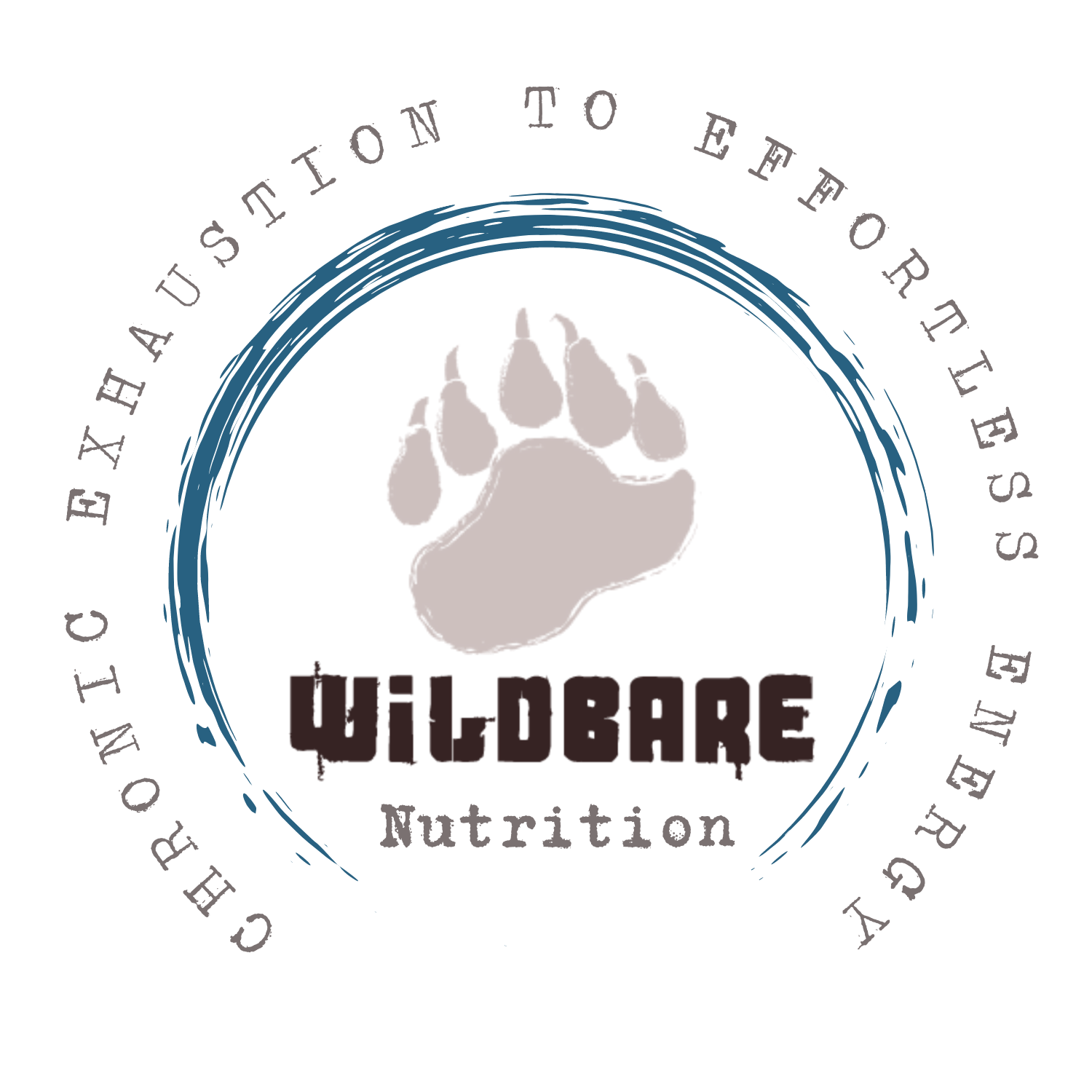Lyme Disease - A Functional Medicine Approach
/Lyme disease is a bacteria bourne disease that is recognised as being transmitted through tick bites. Borrelia (the bacteria that cause Lyme Disease) has also been found in other biting insects and there is a possibility that it could be transmitted in vitro and blood transfusions. Much more research is needed into Borrelia infections and the chronic health issues that occur post infection.
It can be difficult to find out exactly where you contracted Lyme Disease particularly as dependent on the life stage of the tick (which could mean it can be as small as a poppy seed) you may never realise you’ve had a tick bite.
If you’ve been infected you may develop a migrating red circular rash called erythema migrans (EM rash). It is estimated only around 30% of people develop this rash so if you’ve never had the rash it doesn’t necessarily discount you from having Lyme disease.
Initial infection symptoms might typically be a particularly bad bout of mystery flu which can happen anywhere up to a few months after the initial bite. It is common that other bacteria, viruses and parasites are transmitted at the same time as Borrelia and often go on to create co-infections at same time as Lyme disease.
The symptoms of Lyme Disease vary significantly from case to case due to the presence of these co-infections, genetics, strain of borrelia, environmental factors and immune response. This can make the symptom picture for Lyme Disease even more confusing and this is why Lyme Disease is called the great imitator. Lyme will often trigger autoimmune diseases such as: Rheumatoid Arthritis, Multiple Sclerosis, Autoimmune Thyroiditis (Hashimoto’s), to name but a few, and be commonly misdiagnosed as Chronic Fatigue Syndrome, Postural Orthastatic Tachycardia Syndrome (POTS), Parkinson’s disease, ALS, depression and Alzheimer’s disease.
The difficulty in diagnosing Lyme Disease is also compounded in a high percentage of false negatives on standard ineffective testing because of the way the borrelia bacteria target the immune system response as soon as they enter the body. Thankfully there is more sensitive testing available which can really shine a light on the reasons why someone struggles to get better.
If you have Lyme Disease you can have many symptoms affecting different areas of the body such as: flu like malaise, severe headache and neck stiffness, shooting pains that interfere with sleep, light headedness, tinnitus and hearing loss, facial muscle paralysis, fatigue, achey, stiff or swollen joints, dizziness, fever, night sweats, brain fog, sensitivity to light, blurry and double vision, memory loss, issues with co-ordination and balance, heart problems, migrating or unexplained pain or sensations such as numbness, tingling, hot/cold sensations, muscle aches and twitching, skin rashes – EM rash or other skin issues can be triggered in chronic Lyme, multiple chemical sensitivities (MCAS) and mould sensitivity.
Functional medicine takes a multifaceted approach to address the symptoms of Lyme Disease. Rather than focusing solely on symptom management, Functional Medicine aims to identify and address the root causes of symptoms, promote overall health, and support the body's natural healing processes.
Here are some ways in which Functional Medicine may support the symptoms of Lyme disease:
Individualised Treatment Plans: Functional Medicine recognises that Lyme disease can present differently in each individual, and treatment plans are tailored to address the specific symptoms and needs of the client. The focus is on understanding the underlying factors contributing to the symptoms and designing a personalised approach accordingly.
Nutritional Support: Functional Medicine emphasises the importance of optimal nutrition to support the body's healing processes. Nutritional interventions may include a nutrient-dense diet rich in antioxidants, anti-inflammatory foods, and adequate protein. Specific dietary protocols may be recommended to reduce inflammation, optimise gut health and support immune function.
Supplementation: As a Functional Medicine Nutritionist I may recommend supplements to address nutrient imbalances, anti-microbials to support reducing the infection load and support various body systems affected by Lyme Disease. This may include supplements to support immune function, reduce inflammation, promote detoxification, enhance energy production, and support the gut microbiome.
Lifestyle Modifications: Functional Medicine recognises the role of lifestyle factors in symptom management. Strategies such as stress reduction techniques, adequate sleep, regular physical activity, and healthy stress management can support the body's resilience and improve overall well-being.
Detoxification Support: Lyme Disease and its treatment can result in the accumulation of toxins in the body. Functional Medicine may incorporate detoxification strategies to support the body's natural detox pathways, such as liver support, lymphatic drainage techniques, saunas, and targeted nutritional support for detoxification etc.
Addressing Hormonal Imbalances: Lyme Disease can disrupt hormone balance in the body, leading to symptoms such as fatigue, mood swings, and sleep disturbances. Functional Medicine may address hormonal imbalances by assessing hormone levels and using targeted interventions such as diet, supplements, or lifestyle modifications.
Mind-Body Techniques: Chronic illnesses like Lyme Disease can have a significant impact on mental and emotional well-being. Functional Medicine recognises the importance of addressing the mind-body connection and may incorporate techniques such as mindfulness, meditation, coaching, or other stress reduction modalities to support mental and emotional well-being.
The most effective strategy for addressing Lyme Disease involves a comprehensive, multi-system approach. This approach includes modulating the immune system through dietary adjustments, supplementation, and lifestyle modifications. Additionally, it entails enhancing detoxification pathways to reduce the body's toxic burden, supporting energy production through mitochondrial support, restoring balance in gut flora, addressing past trauma and current stress, and ensuring overall health resilience before targeting the Lyme bacteria and any accompanying infections. By adopting such a holistic approach, individuals with Lyme Disease can improve their chances of sustained health and long-term well-being.
If you’d like to start your recovery journey from Lyme Disease book a complimentary Lyme Disease Recovery Strategy Call.



